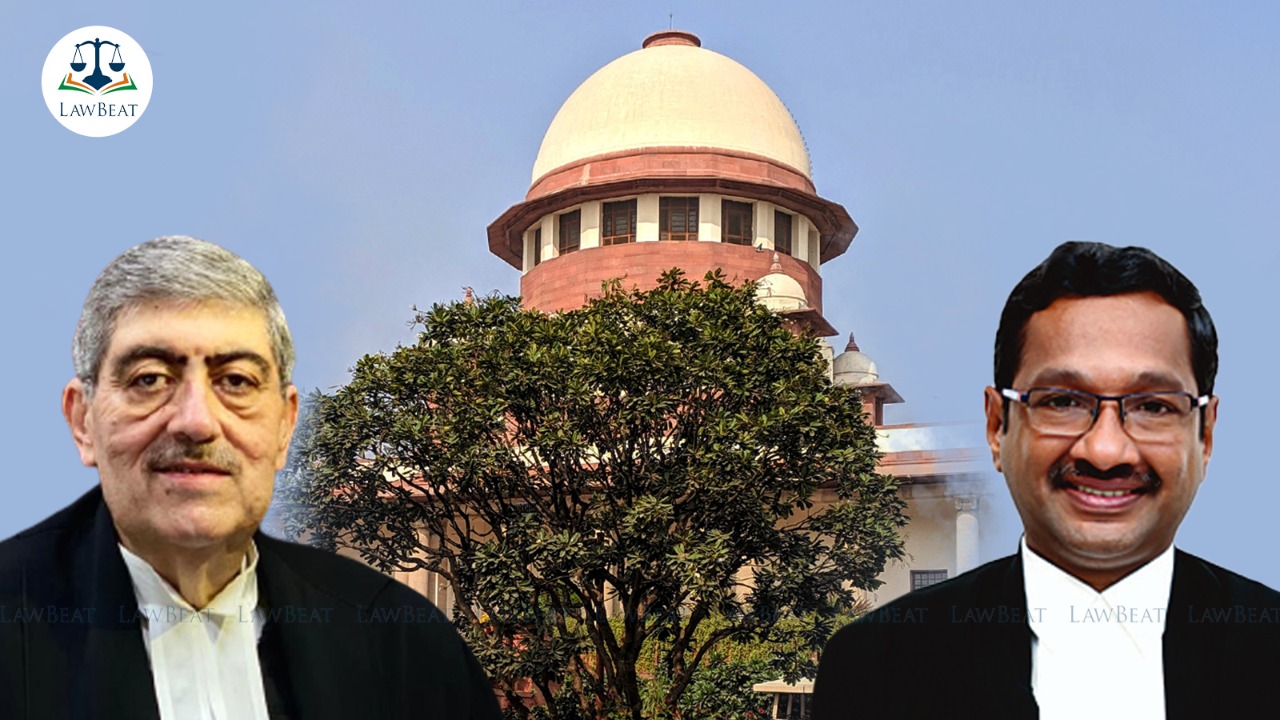Supreme Court emphasizes on inherent legal limitations of scrutiny of award by High Court under Article 226

Last week, the Supreme Court emphasized that there are certain inherent legal limitations to the scrutiny of an award of a Tribunal by the High Court while exercising jurisdiction under Article 226 of the Constitution of India.
Accordingly, the court referred to its judgment in GE Power India Ltd. (Formerly Known as M/s. Alstom Projects Ltd.) v. A. Aziz and added,
"If there is no jurisdictional error or violation of natural justice or error of law apparent on the face of the record, there is no occasion for the High Court to get into the merits of the controversy as an appellate court."
Indian Overseas Bank approached the top court in appeal filed against an order of the Allahabad High Court whereby five charges imposed against the employee of the bank, namely Om Prakash Lal Srivastava were found to be not proved and the matter was remitted back to the Industrial tribunal.
The Bank had initiated departmental proceedings against Om Prakash having found him guilty on various counts inter alia including breach of duty as a custodian of public money and dishonesty, fraud or manipulation of documents. The Industrial Tribunal ultimately upheld the decision of the appellant-Bank but the High Court remitted the matter back to the Tribunal.
It was alleged by the sister-in-law of Om Prakash, Smt. Meera Srivastava that the respondent had opened and operated a savings account in the joint name of the respondent and her, by forging her signatures, and encashed a demand draft of Rs. 20,000/- which was issued to her by way of interim relief by Kalyan Nigam Limited in which her husband was employed as a Junior Engineer, who had unfortunately passed away in a road accident.
The top court noted that the High Court erred by going into the aspect of an opinion formed in respect of two sets of signatures where the inquiry was held by an officer of the bank who came to an opinion on a bare comparison of the signatures that there is a difference in the same.
"It has been looked at from the perspective of a “banker’s eye”. This is, of course, apart from the testimony of the sister-in-law of the respondent", noted the Court.
In her deposition, Mrs. Meera Srivastava was found to be clear and unambiguous.
"She was staying in a joint family of which the respondent was a part. She unfortunately lost her husband in an accident. The two drafts were received from his employer and those drafts were kept in custody with the respondent, possibly because he was a banker and the elder brother of her deceased husband. Instead of extending the benefits of the same to her, the respondent went on a path of opening an account jointly in his and his sister-in-law’s name, presenting the drafts, and drawing the amounts with appropriation of the same to himself.", noted a bench of Justices Sanjay Kishan Kaul and MM Sundresh.
The Court held the High Court to have applied the test of criminal proceedings to departmental proceedings while traversing the path of requirement of a hand writing expert to be called for the said purpose.
Referring to a recent judgment in Ashoo Surendranath Tewari v. Deputy Superintendent of Police, EOW, CBI, the Court said that the standard of proof in departmental proceedings, being based on preponderance of probability, is somewhat lower than the standard of proof in criminal proceedings where the case has to be proved beyond reasonable doubt.
Throwing light on the duty cast upon the bank employee, the court said,
"The respondent was a clerk-cum-cashier. It is a post of confidence. The respondent breached that confidence. In fact, the respondent breached the trust of a widowed sister-in-law as well as of the bank, making it hardly a case for interference either on law or on moral grounds. The punishment imposed on the respondent could also hardly be said to be disproportionate. The conduct established of the respondent did not entitle him to continue in service"
With this view, the court went on to set aside the impugned judgment and allowed the appeal.
Cause Title: INDIAN OVERSEAS BANK & ORS. v OM PRAKASH LAL SRIVASTAVA
